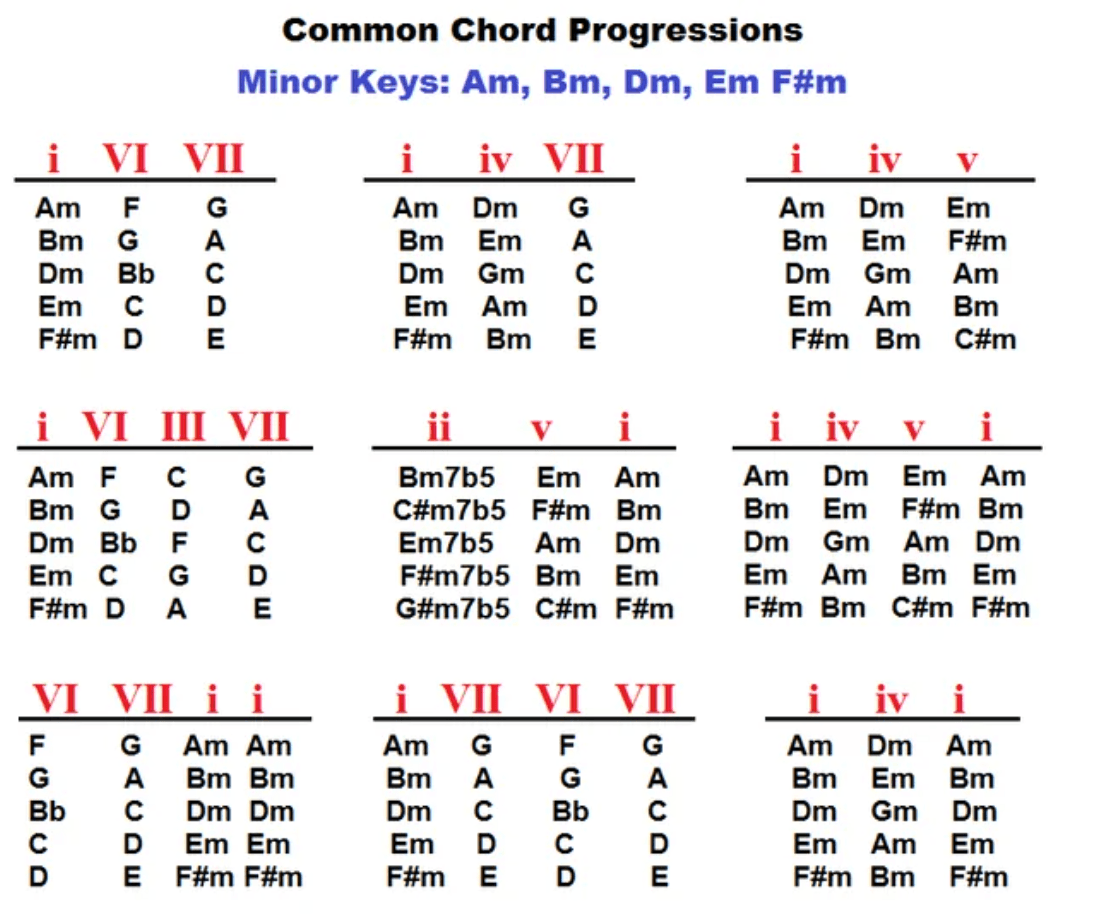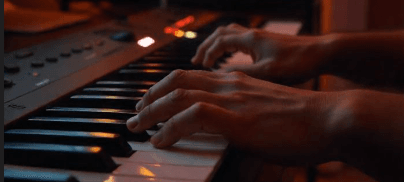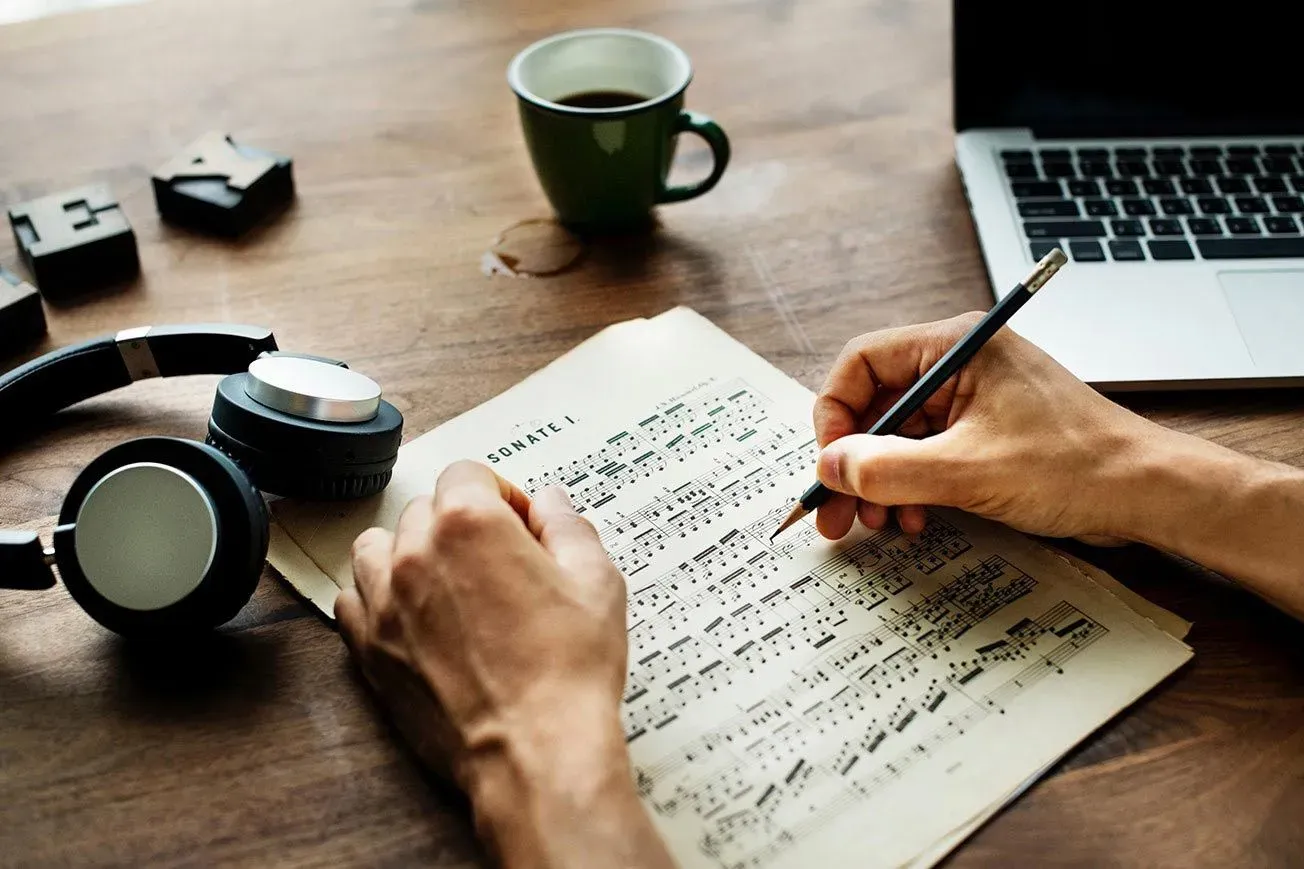In the bustling world of audio production, the question arises: will AI replace DJs? Let’s dive into this topic, separating myths from reality.
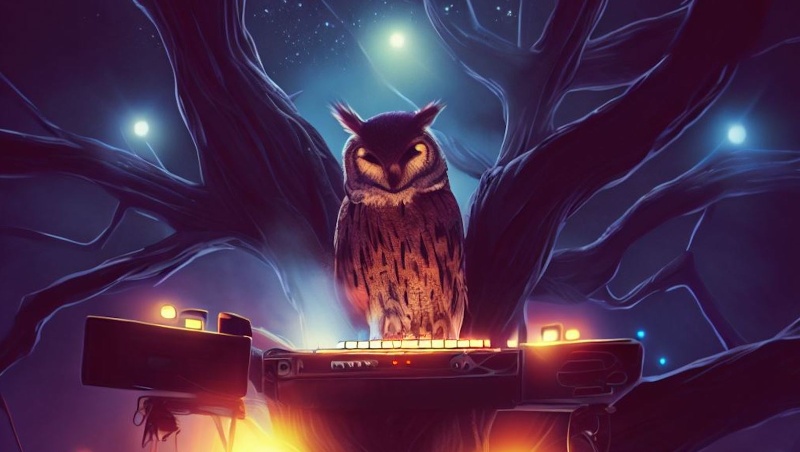
Understanding the Timeless Role of a DJ
Venture into the vast realm of music, and it becomes clear that a DJ's role isn't just limited to spinning tracks.
DJs have emerged as foundational keystones in the musical landscape, seamlessly connecting the legacy of the past with contemporary innovation. They weave tradition with groundbreaking sounds and meld passion with precision.
Acting as the vital link between the music and its audience, they ensure a unified pulse and shared energy engulfs every listener. But what really sets a DJ apart?
1. More Than Just Music: Masterful Storytelling
At the core, a DJ isn't just about playing tracks. They're curators of emotions, architects of experiences, and storytellers of the highest order.
Just as an author crafts tales with words, a DJ crafts experiences with beats and melodies. Each tune, each transition, each pause has a purpose.
- Crafting Narratives with Genres: Think of genres as languages. Just as each language has its own cadence, expressions, and emotions, each genre carries its own vibe. From the pulsating beats of techno to the soulful rhythms of R&B, a DJ is fluent in these "musical languages". They curate the tracks, weaving genres to narrate stories that resonate with listeners. They ensure that every beat, every drop, every crescendo tells a part of a larger tale.
2. The Art and Science of Syncing Tracks
In audio production, it's one thing to play a great track, but it's an entirely different skill to transition seamlessly between two tracks, ensuring they're in harmony.
This process, often seen as magic by the audience, is a meticulous blend of art and science.
- Harmonious Transitions: DJs use their vast knowledge of music theory, understanding keys, beats, and tempo, to make two tracks become one. This ensures the dance floor remains alive and energized, with no abrupt changes to jolt listeners out of their groove.
- Precision with Technology: With advancements in audio AI tools, DJs can also get suggestions on tracks that might pair well, ensuring their sets remain fresh and exciting. But remember, while tools can suggest, the final call is always the DJ's - showcasing their innate skill and creativity.
3. Building an Electric Connection with the Audience
One might argue that this is the most crucial aspect of a DJ's role. The ability to read a room, to understand the crowd's energy, and to respond in real-time is what transforms a good set into an unforgettable one.
- Feeling the Pulse: DJs don't just play music; they feel it. And more importantly, they feel their audience. They can sense when to lift the mood, when to mellow down, and when to drop that track everyone's been waiting for.
- A Two-Way Street: This connection isn't one-sided. Fans, too, play a role. They resonate with a DJ's style and creativity, giving instant feedback through their reactions. This symbiotic relationship between the DJ and the crowd ensures that each set is unique, tailored to that specific moment in time.
The AI Influence in Audio Production
In the fast-evolving soundscape of the modern music world, audio production has witnessed a digital renaissance, marked significantly by the integration of artificial intelligence.
While AI in music has undeniably opened up new avenues and possibilities, it's vital to understand where and how these tools fit into the larger musical canvas.
Empress: AI Music Tools
AI's entry into music isn't about replacing the human touch; it's about augmenting it. Tools like Empress serve as an artist's sophisticated palette, adding shades and strokes that perhaps weren't accessible before.
But like any palette, its value is realized only when in the hands of a capable artist.
- Broadening Creative Horizons: With AI music tools, artists can explore avenues they hadn't before. Need a fresh chord progression? Or a new melody line? AI can provide suggestions, but it's up to the artist to integrate, modify, or discard these ideas in alignment with their vision.
- Swift Ideation: Sometimes, the creative process can hit a wall. In such moments, AI tools serve as a nudge, a spark that can help artists overcome blockages and keep the creative juices flowing.
AI's Role in Playlist and Setlist Creation
There's no denying it; AI has shown remarkable capability in generating playlists that resonate with personal moods and preferences. But does that mean it can replace a DJ at a club or festival?
- Personal vs. Public: AI-generated playlists are brilliant for those cozy nights in or a long drive. They cater to personal tastes, ensuring there's always something familiar yet fresh playing. However, curating music for a public space, especially where the aim is to keep energy levels high, requires a human's touch. This is where the DJ, with their knowledge, experience, and connection with the crowd, truly shines.
- The DJ's Artistry: A DJ doesn't just pick songs; they craft an experience. From the order of the tracks, the transition between them, to the spontaneous decisions based on crowd reactions – it's a continuously evolving art form that no audio AI tool can replicate in its entirety.
The Unmistakable Human Touch in Music
Music, at its core, is about emotion. And while AI can analyze patterns and generate outputs, the emotional depth and nuance that a human brings to the table are irreplaceable.
- Real-time Dynamics: Consider a DJ playing at a venue. They read the room, sense the energy, and can switch tracks or modify their set based on real-time feedback. An audio AI tool, no matter how advanced, can't gauge human emotion and react in the spontaneous, intuitive way a DJ can.
- Narrative and Connection: DJs craft a narrative throughout their set, telling a story that connects deeply with the audience. This journey, filled with peaks, valleys, and unexpected turns, is something AI can assist with, but never truly emulate.
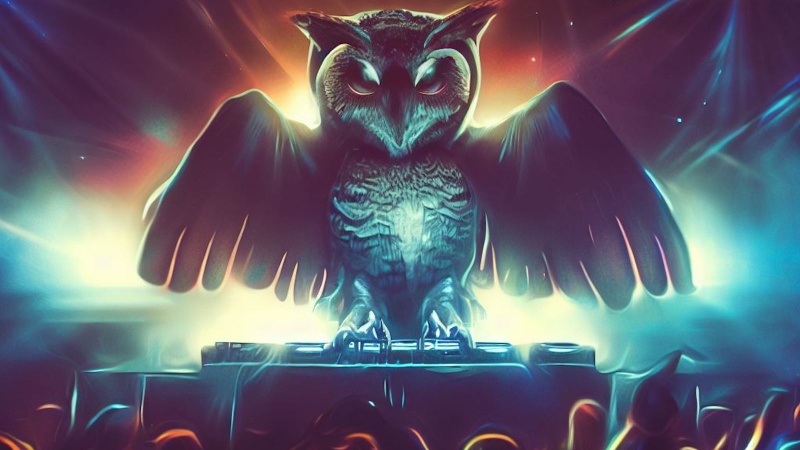
AI in Music: The Pros and the Cons
The fusion of artificial intelligence with music promises a symphony of innovations, transforming how tracks are crafted, mixed, and experienced.
But like every innovation, it comes with its array of pros and cons.
The Pros of Integrating AI in Music
- Precision to Perfection: The meticulous nature of AI music tools ensures that every beat, note, and transition is flawlessly in sync, offering a level of precision that's challenging to achieve manually.
- Speed and Efficiency: Gone are the days of sifting through vast music libraries manually. AI accelerates this process, identifying potential tracks or generating lyrics in a fraction of the time.
- Personalized Experiences: AI can analyze listeners' preferences, tailoring music or playlists that resonate with individual tastes. This personal touch can enhance engagement and loyalty among fans.
- Inspiration Booster: For those moments of creative stagnation, AI can serve as a source of inspiration, offering fresh perspectives or musical ideas that a DJ might not have considered.
- Adaptive Learning: Advanced AI music tools learn from feedback, continuously improving their outputs. This means that over time, the suggestions or compositions they provide can become even more refined and in tune with a DJ's style.
Navigating the Cons of AI in Audio Production
- The Originality Quandary: While AI can churn out music, there's a looming risk of repetitiveness. This potential monotony can dilute a DJ's distinctive sound, making tracks feel less authentic.
- The Copyright Minefield: Treading the line between inspiration and imitation can be challenging for AI. Without stringent checks, DJs could inadvertently use AI-generated music that encroaches on existing copyrights.
- The Ethical Maze: If an audio AI tool derives its compositions by analyzing various sources, where does one draw the line? Using such music without crediting the inspiration raises serious ethical concerns.
- Quality vs. Quantity: While AI can produce music at breakneck speeds, not every output guarantees quality. Sometimes, the soul, the emotion, the very essence that defines great music might be missing.
- The Dependency Trap: As with any tool, overreliance on AI can be detrimental. DJs might find themselves leaning too heavily on AI, potentially stifling their innate creativity.
- Cultural Missteps: Music is deeply rooted in culture. An AI, devoid of cultural understanding, might inadvertently blend styles or genres in a way that's deemed inappropriate or offensive.
- Audience Dynamics: Music isn't just about the creator; it's equally about the listener. While some might marvel at the AI-assisted creativity, others might yearn for the raw, unadulterated touch of their favorite DJ, sans any AI intervention.
So, will AI replace DJs?
The debate around AI's role in the music industry has been buzzing with varying opinions, but the answer to this pressing question is a resonating "no" for the foreseeable future. AI music tools, as cutting-edge as they are, play the role of an enabler rather than a replacement.
Sure, software like Empress can augment the audio production process, offering a myriad of tools that can streamline workflows, inspire creativity, and offer innovative solutions.
Yet, at the core of every DJ's performance is an intangible human touch. It's the DJ's ability to read the room, to connect with the audience on an emotional level, to weave stories through tracks, and to improvise based on the vibes of the moment.
It's about creating memories, eliciting emotions, and crafting experiences that linger long after the last note has faded. No AI music tool, no matter how advanced, can replicate these nuanced human elements.
Moreover, the world of DJing thrives on authenticity and individuality. It's about one's unique style, personal flair, and the journey they take their audience on. And while AI can offer a plethora of assistance, it can't be the soul behind the story.
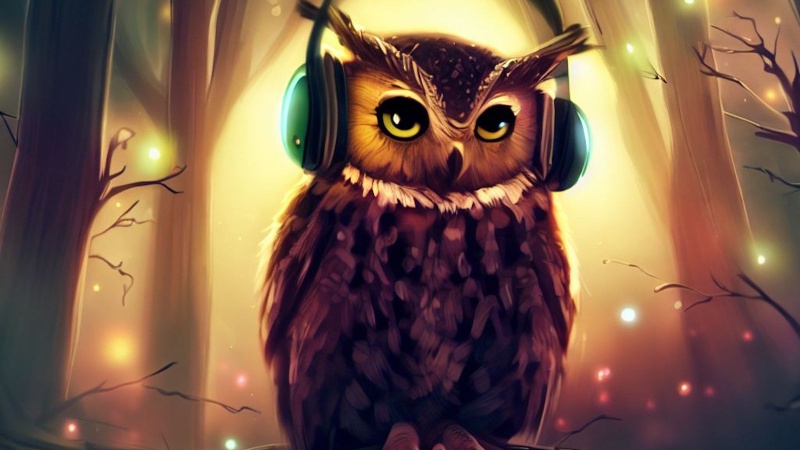
Empress: AI’s Music Tools for DJs and Musicians
Empress isn’t just another AI music tool; it's a state-of-the-art audio production assistant. With the potential to generate various musical elements to aid in inspiration and music creation!
Musicians and DJs alike can use Empress to support their creative journey!
FAQs: AI DJ Tools
Q1: How do AI music tools like Empress work?
They use algorithms trained on vast datasets to generate or suggest music-related outputs.
Q2: Are AI tools replacing any jobs in the music industry?
AI tools are designed to assist and enhance the music creation process, not to replace human creativity.
Q3: How can DJs incorporate AI in their work?
From generating lyrics to fine-tuning melodies, AI tools offer a range of functionalities to support DJs.
Q4: What's the difference between an AI-generated playlist and a DJ setlist?
AI playlists are algorithmic, while a DJ setlist reflects a DJ's personal style, mood, and the atmosphere they aim to create.
Q5: Can AI tools understand the cultural nuances in music?
Currently, while they can recognize patterns, they may not fully grasp the deep cultural contexts behind them.
Follow the future of music with Empress. Check out our blog to learn how you can effectively use these AI music tools.
